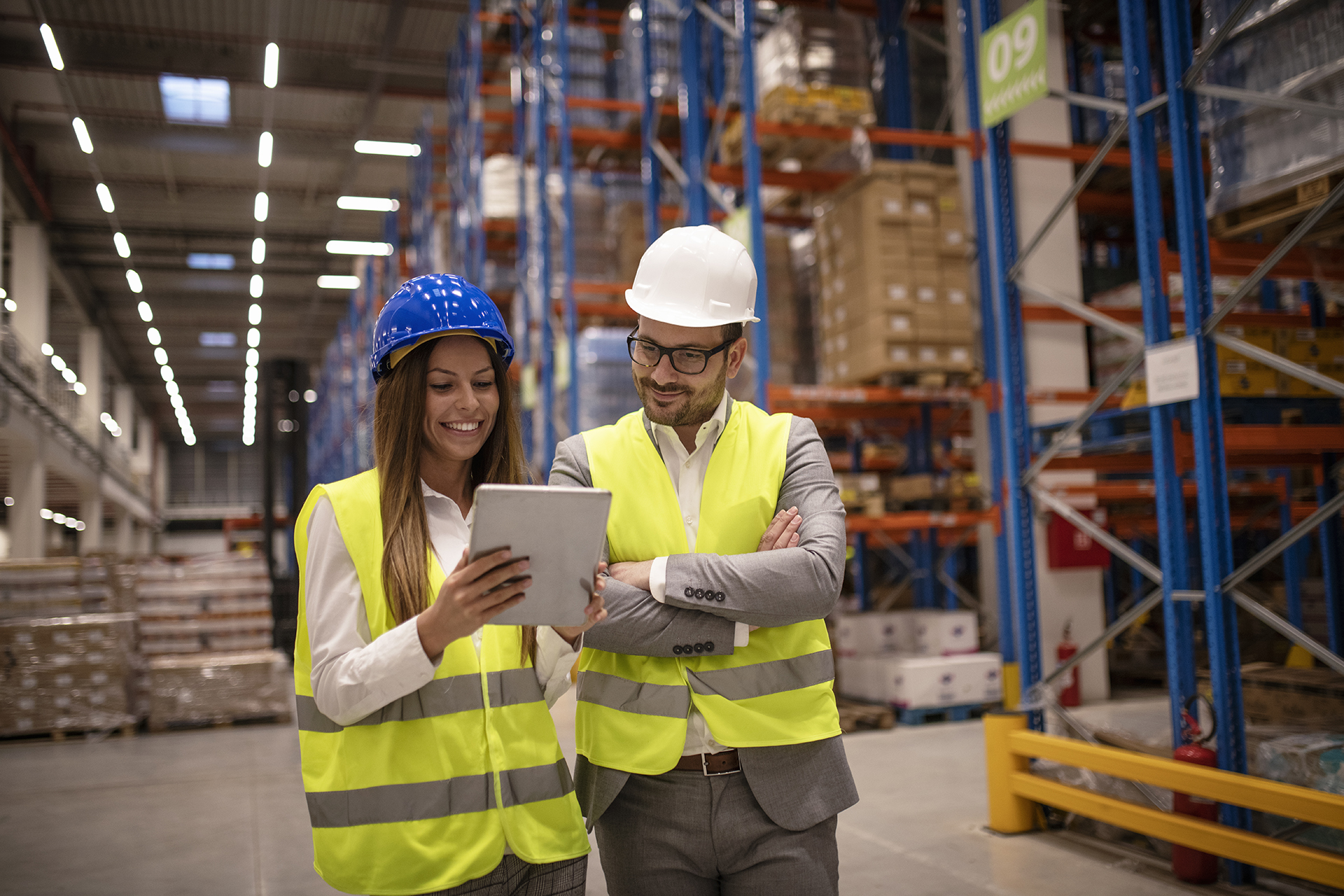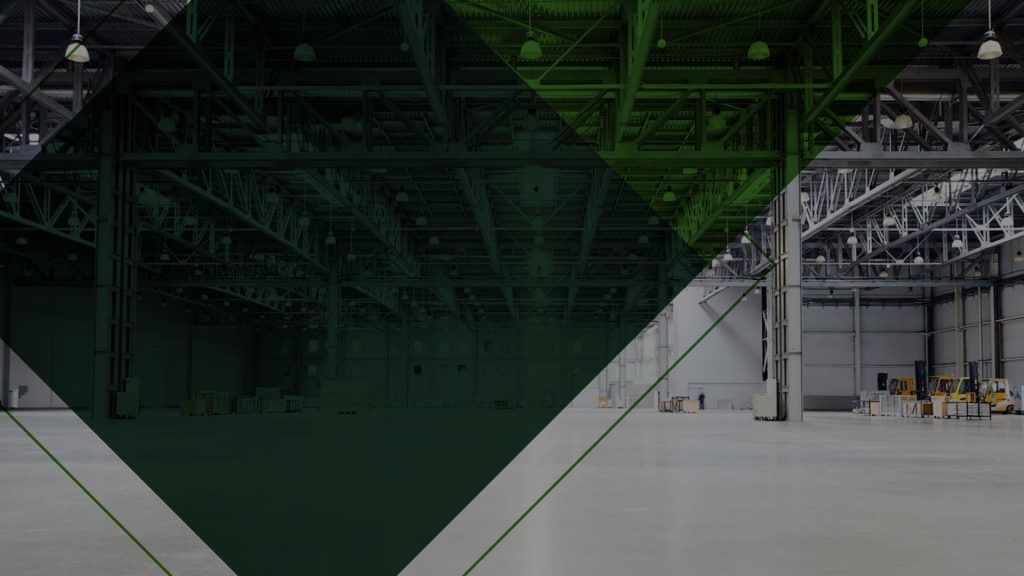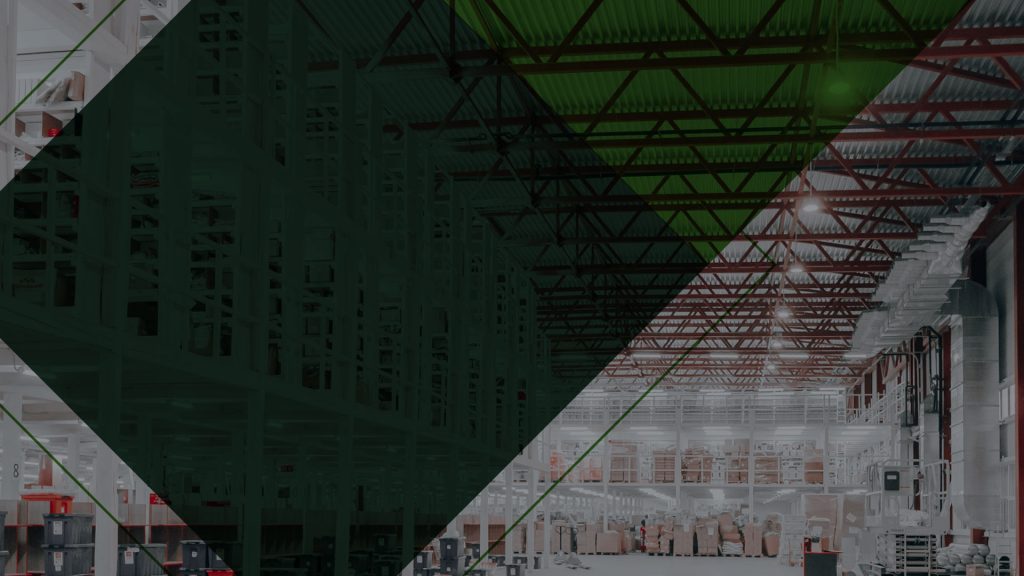Indispensable for the operation of commerce, logistics is an operation that accompanies a product from conception to arrival at the final consumer. Her responsibility is for purchasing supplies, controlling production, storing, and distributing goods.
This specialty of the administration works with the resources and information for the execution of all the activities of an organization, managing resources, and optimizing operations.
The sector is one of the most employed in Brazil. According to a survey by the Brazilian Association of Logistic Operators (ABOL), carried out in 2020, there are 1.5 million jobs, including direct and indirect employees. Even during the pandemic, operators in the area grew by more than 23.8%.
According to a survey carried out by the Brazilian Society of Retail and Consumption (SBVC) in 2020, purchases in physical stores decreased dramatically. With the increase in virtual purchases, the logistics sector has become even more complex and essential for the functioning of the global economy.
Within this reality, adequate spaces for the distribution of products, such as logistical warehouses, have become excellent options for the modernization of various sectors of commerce. The expectation is that the trend will gain even more relevance over time.
In the field of civil construction, there are already logistical warehouses built from sustainable projects, which in addition to minimizing environmental impacts also maximize energy efficiency.
Currently, logistics is responsible for 12% of the Brazilian GDP. This means a large energy expenditure and tons of CO₂ emissions, the main greenhouse gas. It is for this reason that these planned spaces are optimization of the sector while maintaining the commitment to the environment.
Sustainable solutions for the logistics area are a trend that is here to stay. Functional spaces that use natural resources intelligently during operations are essential for a conscious and productive society.






